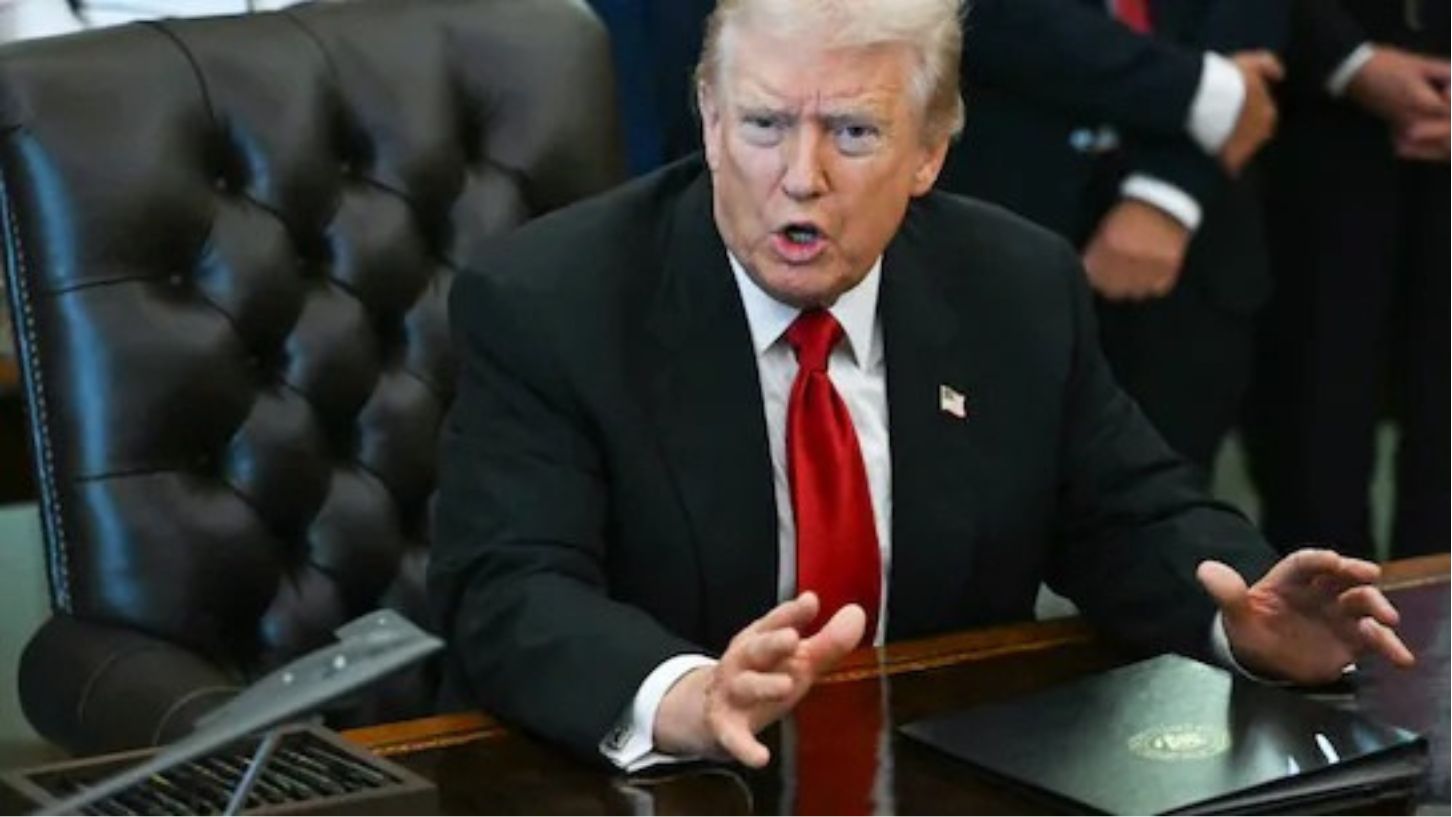The Trump Epstein investigation is once again making headlines, and it’s stirring up a political storm. Here’s a simple, clear breakdown of what’s happening — why it matters, what the risks are, and how it could affect people’s trust in institutions.
What Is the Trump Epstein Investigation About?
Recently, President Donald Trump publicly called on Attorney General Pam Bondi and the FBI to investigate Jeffrey Epstein’s connections — not to him, but to several prominent Democrats and financial institutions.
Why did he do this? A new batch of emails from Epstein was released by House Democrats, in which Epstein claimed that Trump “knew about the girls.” Trump has denied any wrongdoing, saying they were once friends but had a falling-out long ago. By demanding this investigation, Trump seems to be shifting the spotlight toward his political opponents.
Trump Epstein Investigation: A Political Counterattack
In many ways, this move feels like a counterpunch. Trump argues that his critics — especially Democrats — are weaponizing Epstein’s past to damage his reputation or distract from other political issues. He’s calling the whole thing a “scam” or a “hoax.”
For example, he named Bill Clinton, Larry Summers, Reid Hoffman, and even JPMorgan Chase as people or institutions he wants to probe for their Epstein-related ties. By doing so, Trump is framing the narrative: this isn’t just about Epstein — it’s about him pointing out what he sees as hypocrisy or corruption among his political rivals.
Why People Are Worried About This Move
Not everyone is on board with Trump’s request, and there are several reasons for concern:
- Political Pressure on Justice: Some lawmakers feel the president is using his power to push the Department of Justice into investigating his own political opponents. Representative Don Bacon, for instance, criticized it as “an inappropriate use of presidential power.” This raises questions about the independence of law enforcement — should the DOJ act because the president orders it?
- A Departure from Earlier Findings: Earlier this year, the DOJ and FBI issued a memo saying they found no basis to open new investigations into Epstein’s associates. Trump’s current push seems to go against that conclusion, which adds to the tension.
- Victims’ Voices Missing: Lawyers for Epstein survivors have pointed out that despite all the political maneuvering, there hasn’t been real outreach to victims. Some say that the focus has shifted away from justice for survivors and more toward political games.
What Has the Justice Department Done So Far?
In response to Trump’s demand, Attorney General Pam Bondi announced that Jay Clayton, a well-known U.S. attorney, will lead the investigation. Bondi said the DOJ will handle the probe “with urgency and integrity” to provide clarity for the American people.
This is notable because earlier, the DOJ had said that no further inquiries were warranted. So this move marks a shift in their approach — possibly in response to public and political pressure.
Why This Matters for Everyone
Even if you’re not closely following U.S. politics, the Trump Epstein investigation is more than just another headline. Here’s why it’s important for the broader public:
- Trust in Institutions: When a president appears to direct investigations toward his opponents, it can undermine trust in the justice system. People might ask: Is this really about facts and evidence, or is it politics?
- Transparency and Accountability: Epstein’s case has always had a cloak of secrecy. By calling for more investigations, Trump is putting pressure on institutions to be more transparent — but critics argue this could just be a political stunt masquerading as transparency.
- Survivor Justice: For Epstein’s victims, the politics around the case are deeply personal. If investigations are more about political points than about truth, survivors may feel sidelined.



